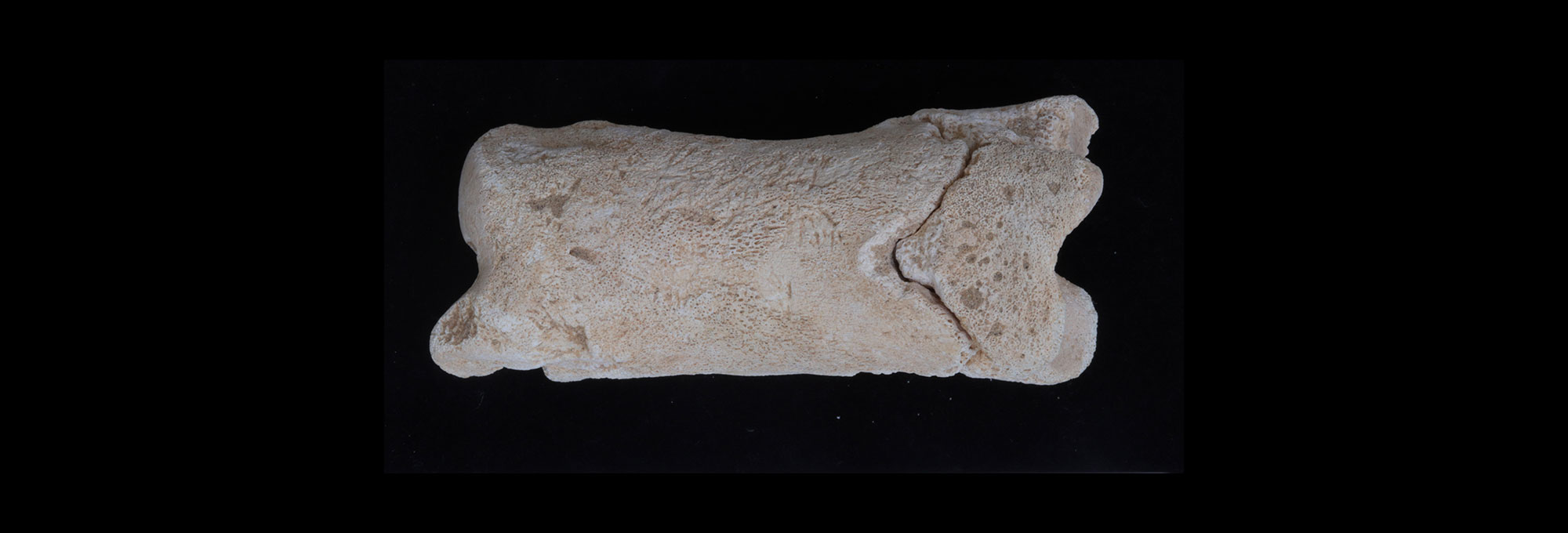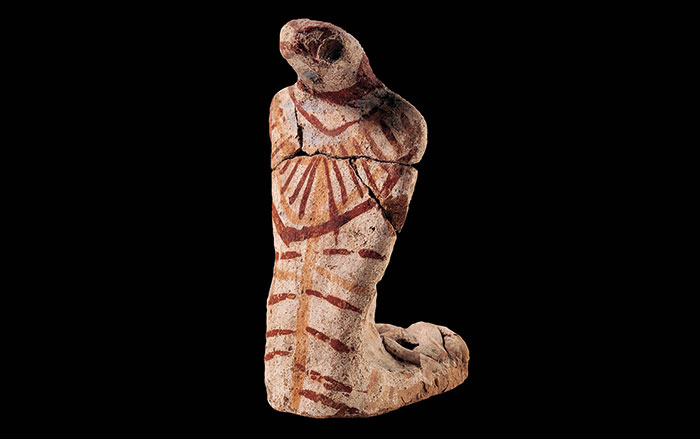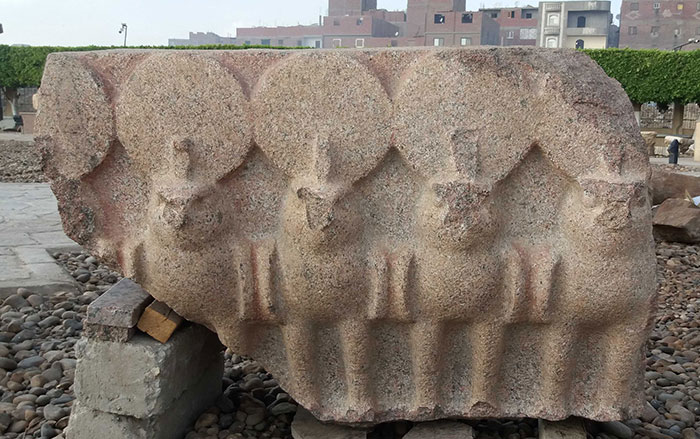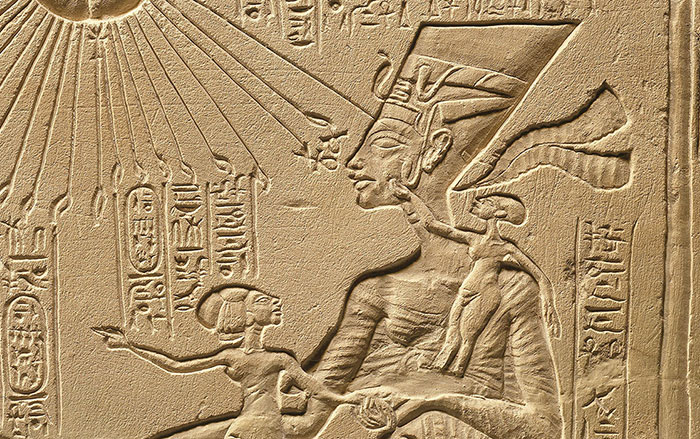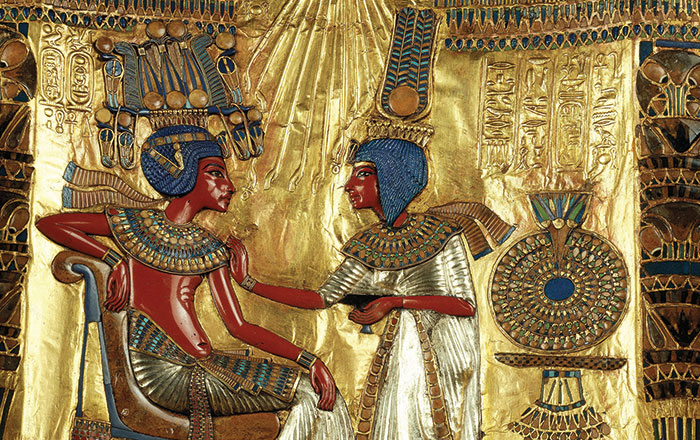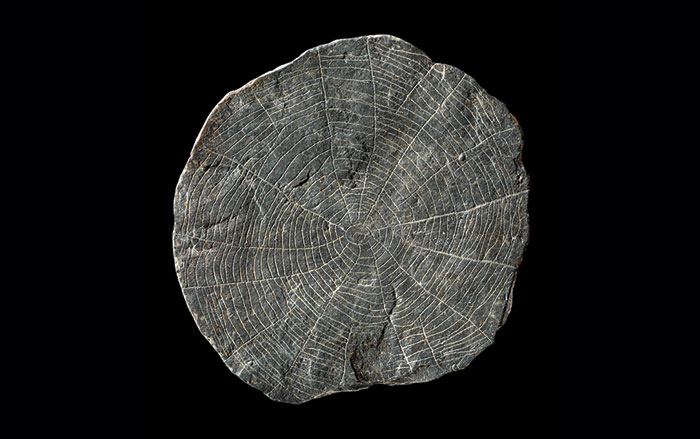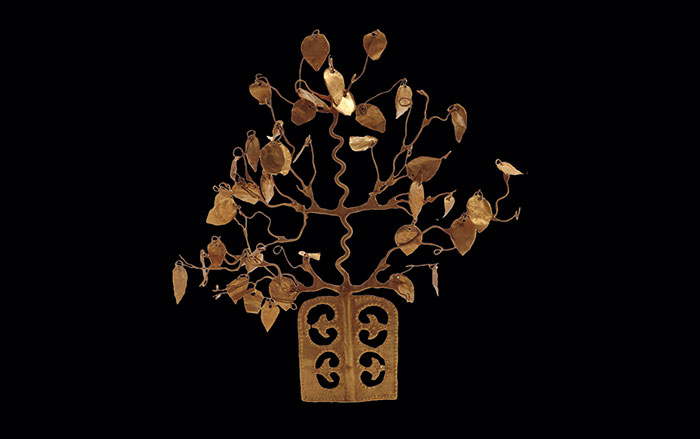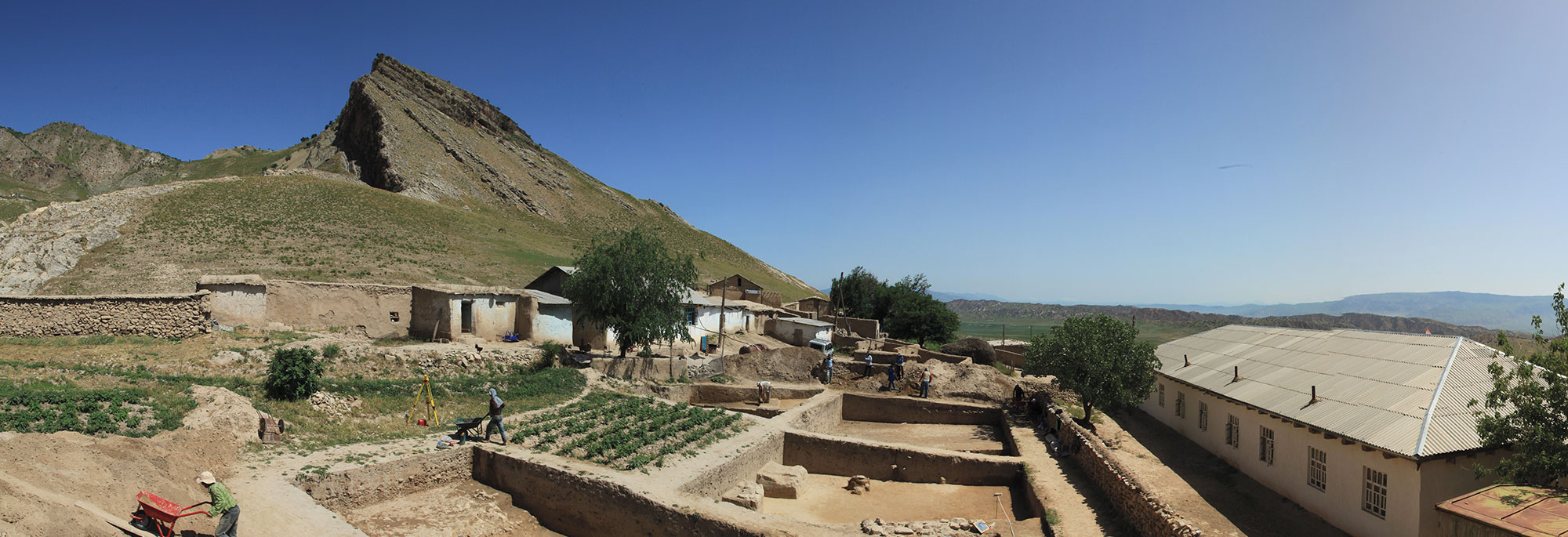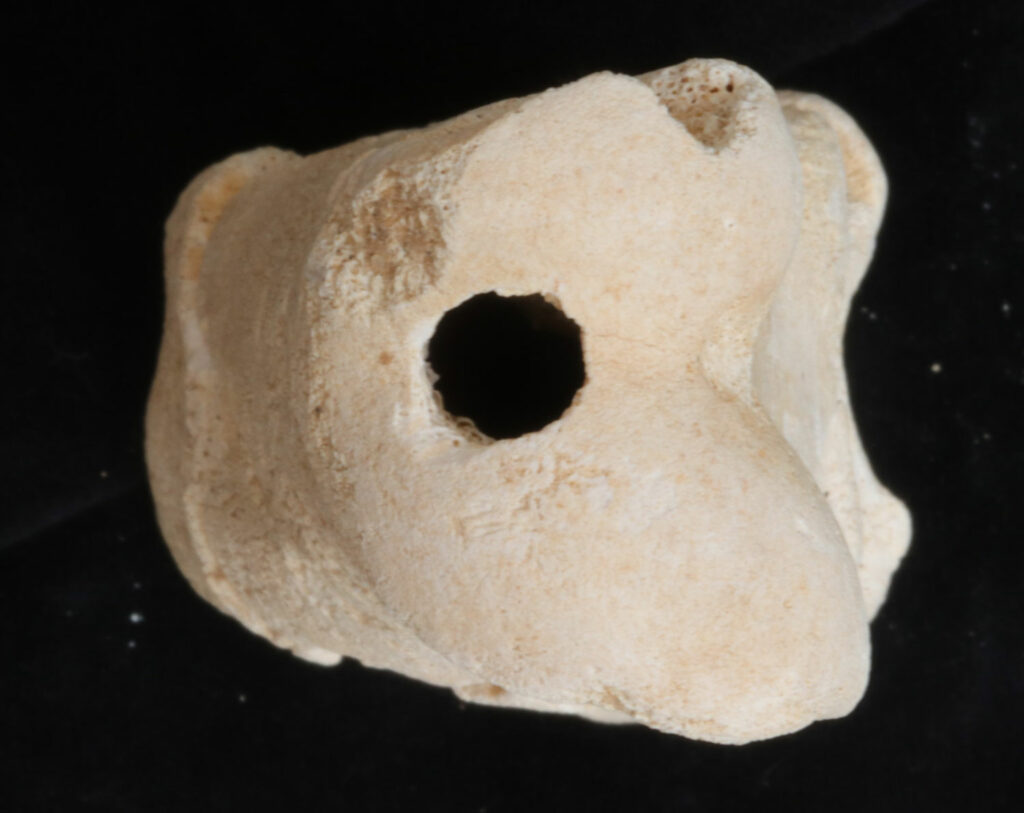
AMARNA, EGYPT—A bone whistle likely used by an ancient Egyptian police officer was unearthed at the site of Amarna, Live Science reports. Around 1347 b.c., the controversial pharaoh Akhenaten (reigned ca. 1349–1336 b.c.) established a new capital city at Amarna, though it was abandoned after just 15 years. The artifact, which was crafted out of a cow’s toe, is the first of its kind ever to be found in Egypt. It was recovered by archaeologists from the Amarna Project through the University of Cambridge's McDonald Institute for Archaeological Research at a part of the site known as the Stone Village. Researchers believe that this district likely housed workers involved in the construction of the king's royal tomb. The whistle was located within a structure that appears to have served as a checkpoint where guards were stationed in order to monitor people coming in and out of the Stone Village. “This area appears to have been heavily policed in order to keep the sacred location of the tomb known and accessed by only those that need to know and go there,” said Griffith University archaeologist Michelle Langley. For more on Akhenaten's reign, go to "Rediscovering Egypt's Golden Dynasty."


